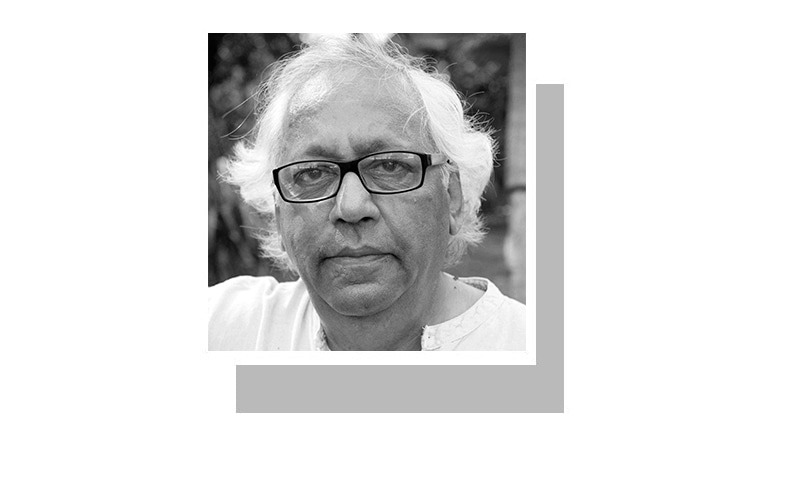Panama Papers Verdict: PM Nawaz Sharif survives corruption ruling
Pakistan Prime Minister Nawaz Sharif’s political future remains in a critical state with the nation’s Supreme Court giving a split decision for him on corruption claims against his family members however in the meantime guiding the administration to set up a joint investigation team (JIT) to test the charges.
According to the judgement, Sharif, 67, survived as majority three judges supported the setting up of JIT to further probe the allegations while two other judges wanted to disqualify the prime minister.
The Pakistan Supreme Court said that it will give a final verdict only after the Joint Investigation Team submits its report after two months. Is it the judiciary’s desire to use these institutions as a barrier against being perceived as “pro-Sharif”? “With this judgement, Sharif’s position has further weakened”, defence expert Qamar Agha told ANI.
“A thorough investigation is required”, Justice Asif Saeed Khosa told the court.
Last November, the Pakistan Tehreek-e-Insaf (PTI) called off a threatened “lockdown” of Islamabad after the Supreme Court agreed to launch an inquiry into the corruption allegations against Prime Minister Nawaz Sharif.
Khan compared the current scenario with the United Kingdom where David Cameron quit after he lost the Brexit referendum, despite being elected with a landslide majority, because he lost the moral ground to lead.
The court acted on petitions from opposition lawmakers dating back to documents leaked in 2016 from a Panama-based law firm that indicated Sharif’s sons owned several offshore companies.
The opposition accuses Sharif of failing to explain the source of offshore money and of lying to parliament.
Sharif, one of Pakistan’s richest men, told parliament past year that his family wealth was acquired legally in the decades before he entered politics.
He added: “I salute the judges who declared Prime Minister Sharif’s ineligible to rule”.
Sharif’s party would have remained in power even if the verdict had ordered for the removal of the prime minister.
Farogh Naseem, a Supreme Court lawyer and sitting senator, said Sharif could breathe easy, for now.
The worst April in history of the country was April 4, 1979 when former prime minister Zulfikar Ali Bhutto was hanged for criminal conspiracy to kill a leading politician.
Dawn reported that it was neither a clean-chit nor a disqualification for Sharif.
Pakistani journalist Syed Talat Hussain questioned those who had forecasted doom for the Pakistan prime minister.
“One of our MPA in KP got his daughter transferred from private school to the government school”, he said.








